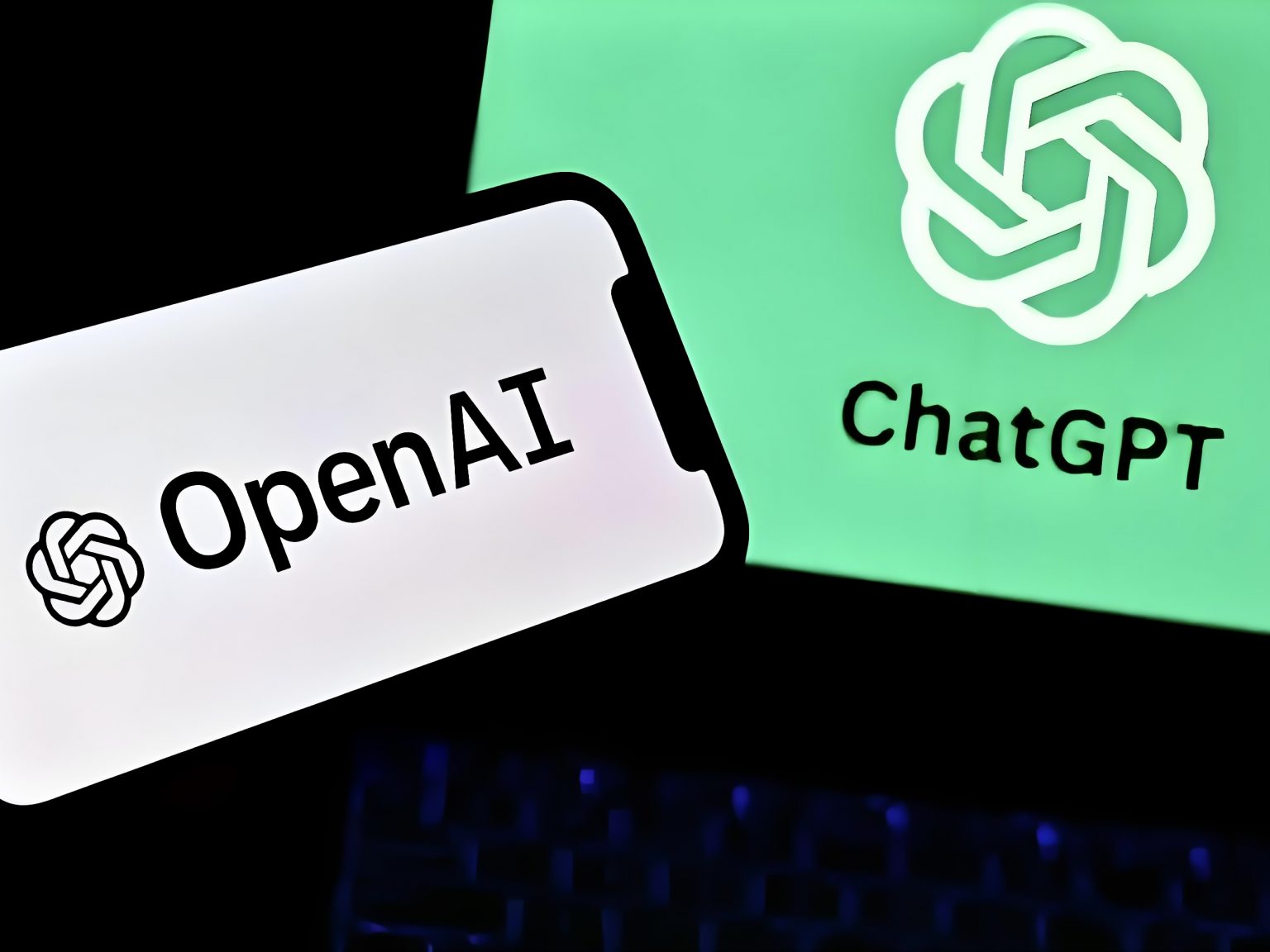- Chinese AI firms launch its own smart products in response to OpenAI’s ban.
- While limiting China’s development, U.S. closes itself in a wall. Technology should not have political boundaries.
OUR TAKE
OpenAI has been actively engaged in cooperation with China and has established partnerships with a number of Chinese enterprises and research institutions. The reasons for the termination of OpenAI’s API services to Chinese users may be multiple: the US government continues to strengthen the crackdown on Chinese AI companies, and on the other hand, for commercial considerations, OpenAI wants to focus on other markets.
–Zora Lin, BTW reporter
What happened
After OpenAI reportedly plans to restrict users in China and other countries from accessing its Application Programming Interface (API), a platform that allows developers of other products to integrate its AI models, Chinese AI companies are moving quickly to attract users of OpenAI.
“We are taking additional steps to block API traffic from regions where we do not support access to OpenAI services,” an OpenAI spokesperson says in a statement to Reuters. Chinese users of the platform began receiving emails warning their regions that “OpenAI is not currently supported” and that additional measures would be taken to block API traffic from unsupported regions starting July 9.
In response, Baidu, China’s leading AI developer, said it would launch an “inclusion program” to offer new users free migration to its Ernie platform. Alibaba Cloud is also getting in on the act, offering free tokens and migration services to OpenAI API users through its AI platform. According to Alibaba, the company’s Qwen-plus model is priced significantly lower than the GPT-4.Another major player in Chinese AI, Zhipu AI, has announced a “special migration program” for OpenAI API users, and its GLM model is fully aligned with OpenAI’s product ecosystem.
Also read: OpenAI completes acquisition of Rockset
Also read: OpenAI foresees major leaps in large language models
Why it’s important
The most likely to be devastated by the cessation of OpenAI API services is the company that has long simple shell large models to do AI applications, and these companies are highly dependent on OpenAI large models, and once they cannot access and use them normally, they are afraid to go to the point of survival.
For more developers, the habit of relying on the OpenAI large model to develop, build, and optimize their own programs should also be changed as soon as possible, and alternative solutions need to be found as soon as possible to support the configuration of their own artificial intelligence services. From another point of view, this ban will encourage more companies to choose domestic large models, which may be helpful to accelerate the pace of independent research and development of domestic large models.
The termination of OpenAI’s API service is a microcosm of the intensifying competition between China and the US in the field of artificial intelligence technology, and will deepen concerns about the prospects of international cooperation in AI. Artificial intelligence technology is a major progress of human civilization. China and the US, as important forces in the global development of artificial intelligence technology, should strengthen cooperation and jointly promote the progress of artificial intelligence technology for the benefit of all mankind.

